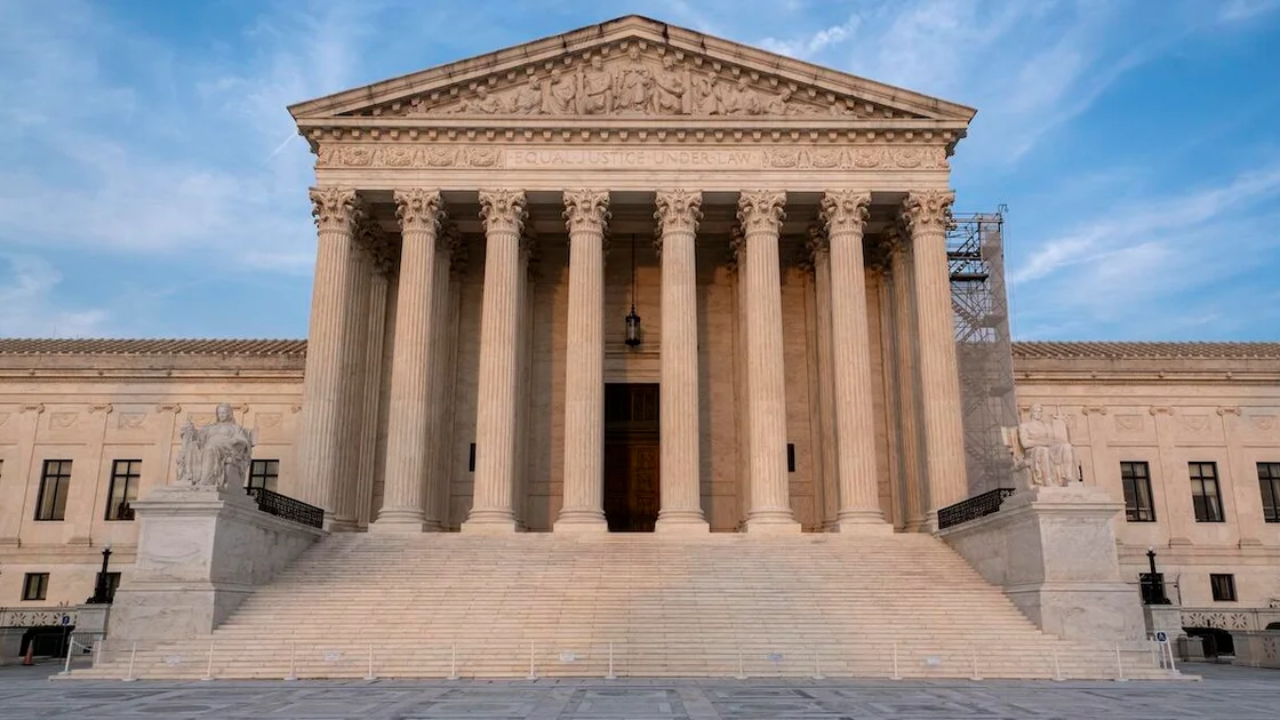The United States is currently witnessing a significant shift in its military policy with the ongoing ban on transgender individuals serving in the armed forces.
This policy, initially introduced by former President Donald Trump, has sparked widespread debate over its legality, ethics, and implications for both the transgender community and the military itself.
The Trump administration’s decision to implement this ban was based on concerns about the cost of medical care for transgender soldiers, as well as questions about the readiness and effectiveness of military units with transgender personnel.
However, critics argue that this move represents a clear violation of human rights, asserting that it singles out a specific group of individuals based on their gender identity.
Legal challenges to the ban have been ongoing since its inception, with various courts ruling in favor of transgender service members at different times.
Despite these rulings, the policy has remained largely in effect, putting the US military at a crossroads between enforcing its laws and upholding its values of inclusivity and equality.
The central issue in this debate revolves around whether or not discrimination against transgender individuals is justified under the law.
Proponents of the ban argue that the military has the right to set its own standards for service members and that the policy is designed to ensure the best possible fighting force.
On the other hand, those who oppose the ban contend that excluding capable individuals from service based solely on their gender identity is both discriminatory and harmful to the military’s diversity.
The question of whether transgender individuals should be allowed to serve in the military is not just a matter of legalities; it is a reflection of broader societal attitudes toward gender identity and equality. In the face of this policy, the US is testing the boundaries of what is considered lawful discrimination.
Legal scholars and civil rights advocates continue to argue that such discrimination violates constitutional protections against unequal treatment.
As the policy persists, the impact on transgender service members is profound. Many have reported feelings of rejection and isolation, with some leaving the military due to the hostile environment.
The military’s stance on this issue raises questions about the values it seeks to uphold and whether it is willing to embrace the diversity that is increasingly seen as an essential part of its strength.
While the legal battles continue, one thing is clear: the US military’s policy on transgender service members has become a critical issue that reflects the ongoing struggle for LGBTQ+ rights.
It has become more than just a question of military readiness; it is now a test of the country’s commitment to equality and fairness for all citizens, regardless of their gender identity.






